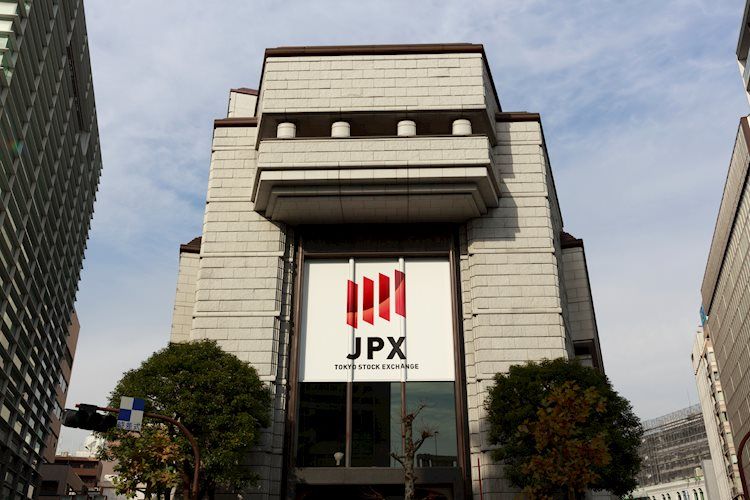Japan’s Finance Minister, Katsunobu Kato, recently made a statement expressing his close vigilance over FX moves, particularly those driven by speculators. However, he mentioned that he would not comment on forex levels, emphasizing the importance of currencies moving in a stable manner reflecting fundamentals. Following these comments, the USD/JPY remained in the red near 153.00, down 0.25% on the day.
The Japanese Yen (JPY) is a widely traded currency, with its value being influenced by various factors such as the performance of the Japanese economy, Bank of Japan’s policy, differential between Japanese and US bond yields, and traders’ risk sentiment. The Bank of Japan plays a vital role in controlling the currency, although direct intervention in the currency markets is infrequent due to political concerns. The BoJ’s ultra-loose monetary policy from 2013 to 2024 caused the Yen to depreciate, but recent unwinding of this policy has provided some support to the currency.
Over the past decade, the BoJ’s commitment to ultra-loose monetary policy has resulted in a policy divergence with other central banks, notably the US Federal Reserve. This divergence has favored the US Dollar against the Japanese Yen, but the BoJ’s decision to gradually abandon the ultra-loose policy in 2024, coupled with interest rate cuts in major central banks, is narrowing this gap. The Japanese Yen is often considered a safe-haven investment, meaning that during times of market turmoil, investors tend to flock to the Yen for its perceived reliability and stability.
In summary, Japan’s Finance Minister is closely monitoring FX movements, particularly those influenced by speculators. The Japanese Yen’s value is determined by various factors, including the Bank of Japan’s policies and market sentiments. The BoJ’s interventions in currency markets have mainly aimed to lower the Yen’s value, although they are infrequent due to political considerations. The Yen is seen as a safe-haven investment during market stress, leading to its appreciation against riskier currencies. Recent policy shifts by the BoJ and interest rate cuts by major central banks are narrowing the policy divergence between the Yen and other currencies, impacting the USD/JPY exchange rate. As such, the Japanese currency continues to be a key player in the global forex market, influenced by both domestic and international economic dynamics.










